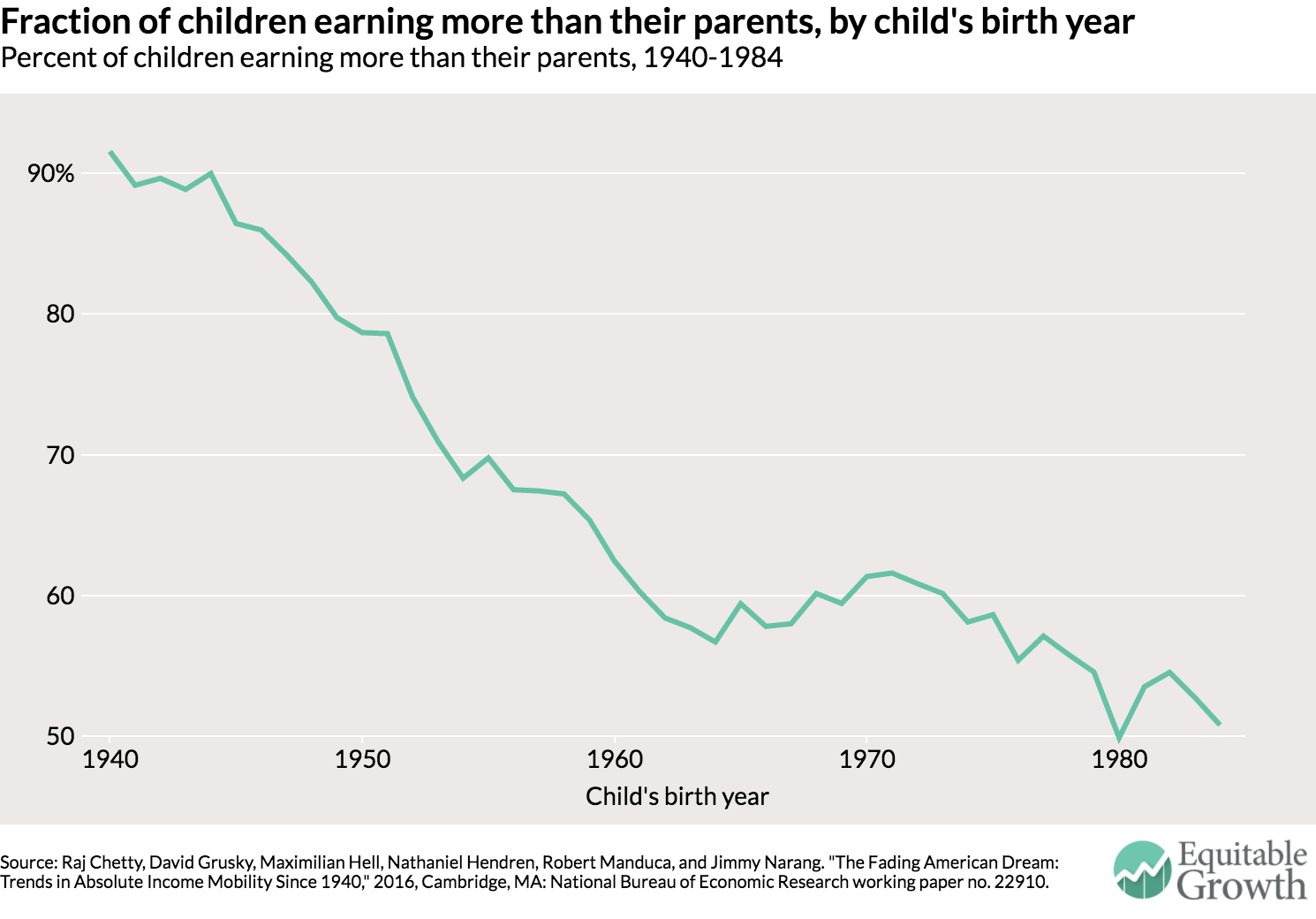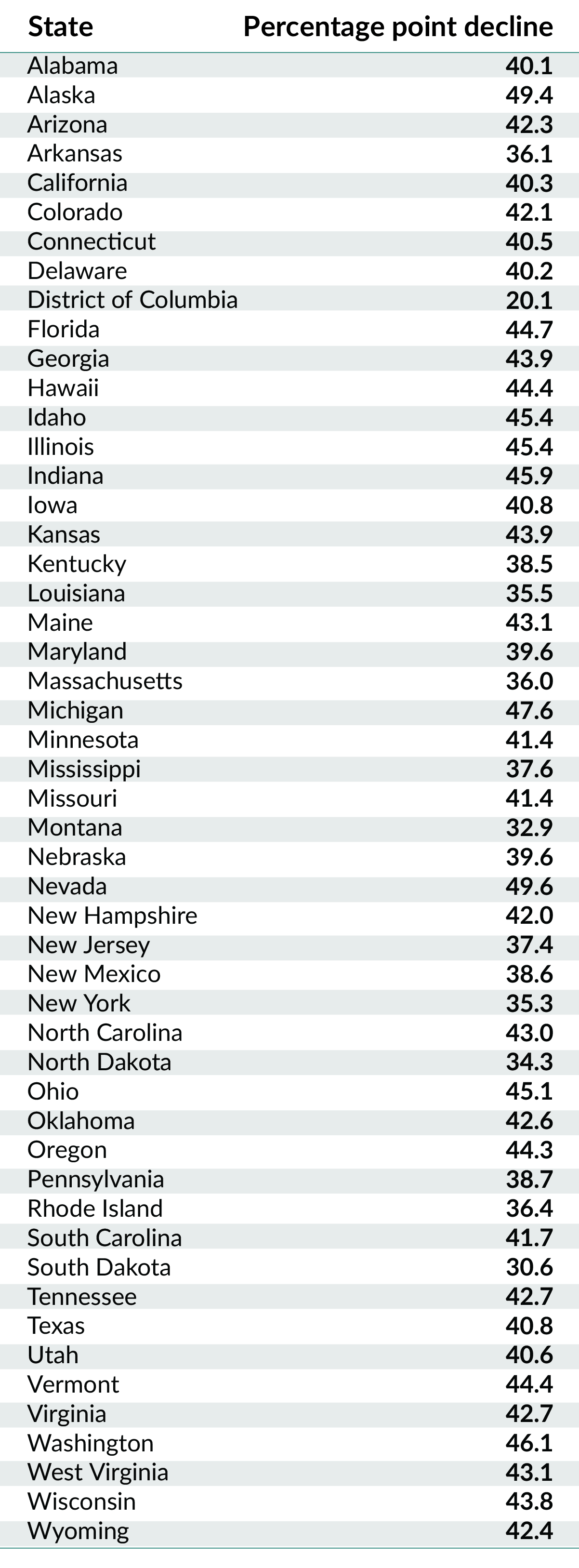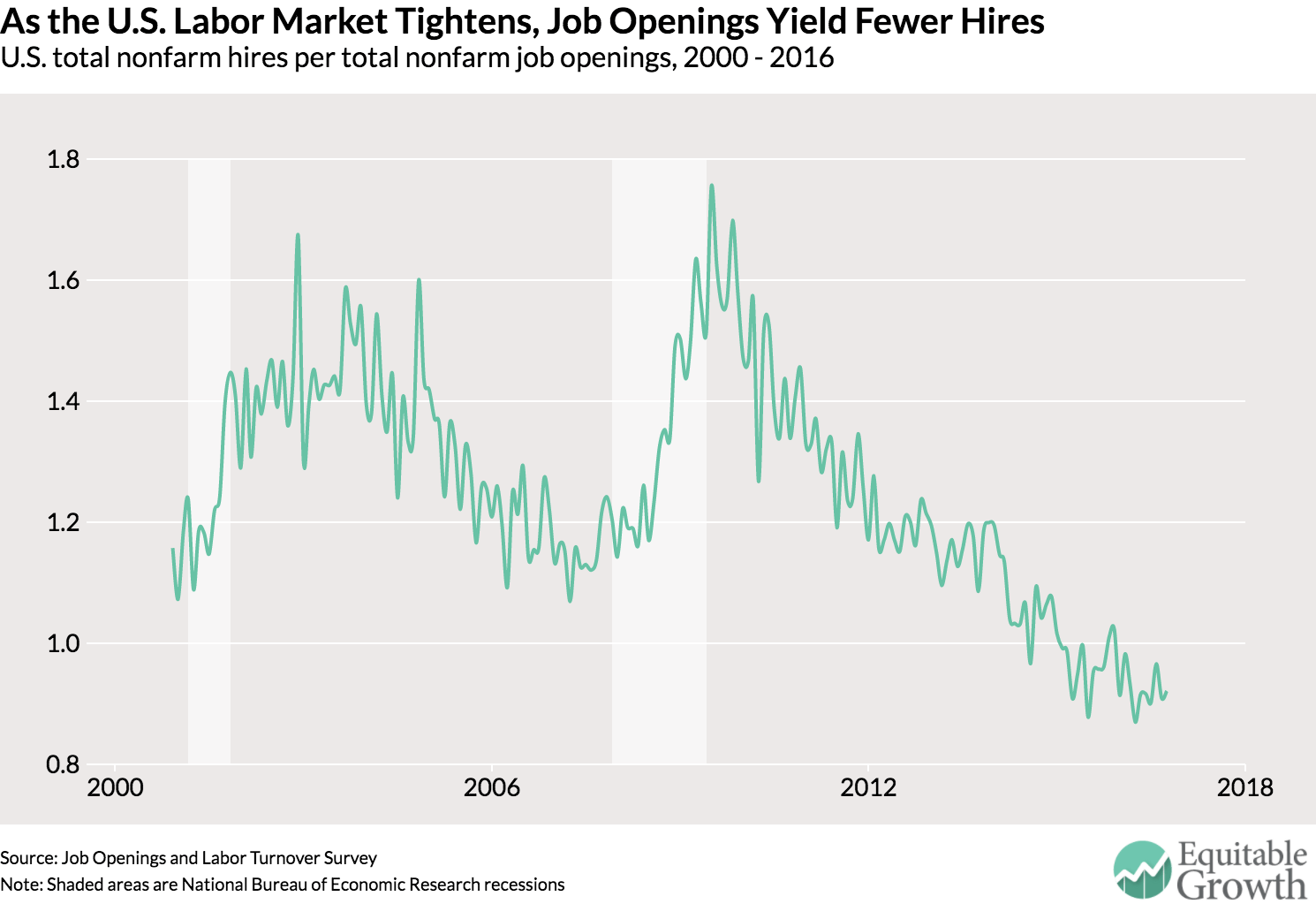Should-Reads: Brad DeLong: This Time, It Is Not Different: The Persistent Concerns of Financial Macroeconomics: “When the Financial Times’s Martin Wolf asked former U.S. Treasury Secretary Lawrence Summers…
…what in economics had proved useful in understanding the financial crisis and the recession, Summers answered: “There is a lot about the recent financial crisis in Bagehot…”. “Bagehot” here is Walter Bagehot’s 1873 book, Lombard Street. How is it that a book written 150 years ago is still state-of-the- art in economists’ analysis of episodes like the one that we hope is just about to end? There are three reasons. The first is that modern academic economics has long possessed drives toward analyzing empirical issues that can be successfully treated statistically and theoretical issues that can be successfully modeled on the foundation of individual rationality. But those drives are disabilities in analyzing episodes like major financial crises that come too rarely for statistical tools to have much bite, and for which a major ex post question asked of wealth holders and their portfolios is: “just what were they thinking?”. The second is that even though the causes of financial collapses like the one we saw in 2007-9 are diverse, the transmission mechanism in the form of the flight to liquidity and/or safety in asset holdings and the consequences for the real economy in the freezing-up of the spending flow and its implications have always been very similar since at least the first proper industrial business cycle in 1825. Thus a nineteenth-century author like Walter Bagehot is in no wise at a disadvantage in analyzing the downward financial spiral. The third is that the proposed cures for current financial crises still bear a remarkable family resemblance to those proposed by Walter Bagehot. And so he is remarkably close to the best we can do, even today.






